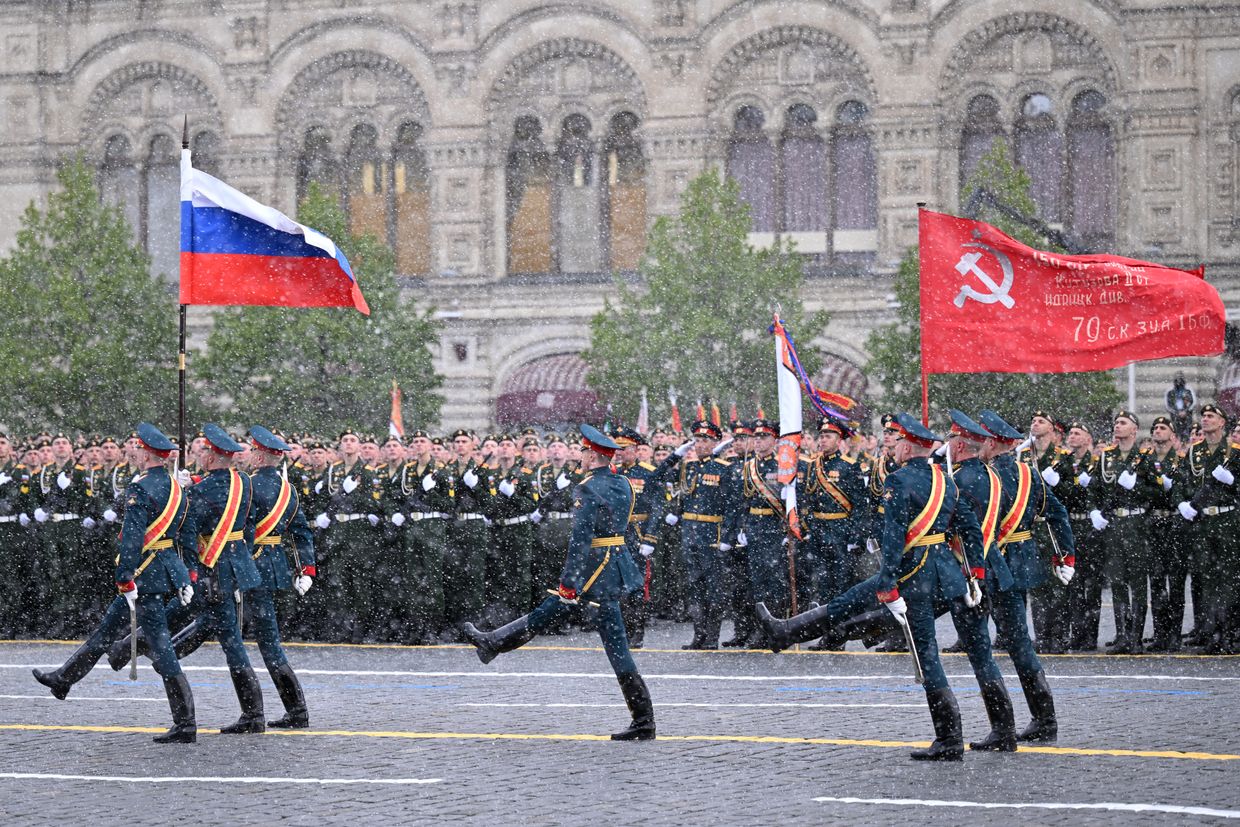Putin names Ukraine main source of 'extremism' in new decree

Russian President Vladimir Putin on Dec. 28 signed a decree approving the updated "Strategy for Combating Extremism in the Russian Federation," according to the country's official web portal.
The new decree names Ukraine among the "main sources of extremism" and enshrines the concept of "Russophobia" for the first time.
Russia's previous anti-extremism strategy, approved by Putin in 2020, did not include the term or single out Ukraine as a threat.
The latest version of the document warns of "serious threats" from Ukraine and repeats Russian propaganda claims about the rise of neo-Nazi activity among Ukrainians. It alleges that radical armed groups receive support from "external forces that encourage the commission of criminal acts on the territory of Russia."
The document also outlines a definition of "Russophobia," which it describes as "an unfriendly, biased, hostile attitude towards Russian citizens, the Russian language and culture, expressed, among other things, in aggressive sentiments and actions on the part of individual representatives and political forces, as well as discriminatory actions on the part of the authorities of states unfriendly to Russia."
Russia has used claims of "extremism" to crack down on a wide range of organizations, including news outlets, social media platforms, and what it calls "the international LGBT social movement."
Russia's communications regulator, Roskomnadzor, announced on Dec. 13 that it had blocked access to the Viber messaging app due to alleged violations of regulations combating terrorism and extremism.
The Kremlin is also considering blocking WhatsApp, an app owned by Meta, a company labeled as an "extremist organization" in Russia.
The Russian government designated a record 65 organizations as "undesirable" in 2024, exposing members and employees to criminal prosecution.
Putin has intensified state repressions of dissent since the full-scale invasion of Ukraine, arresting thousands of citizens accused of hate crimes and supporting "extremist" groups.












